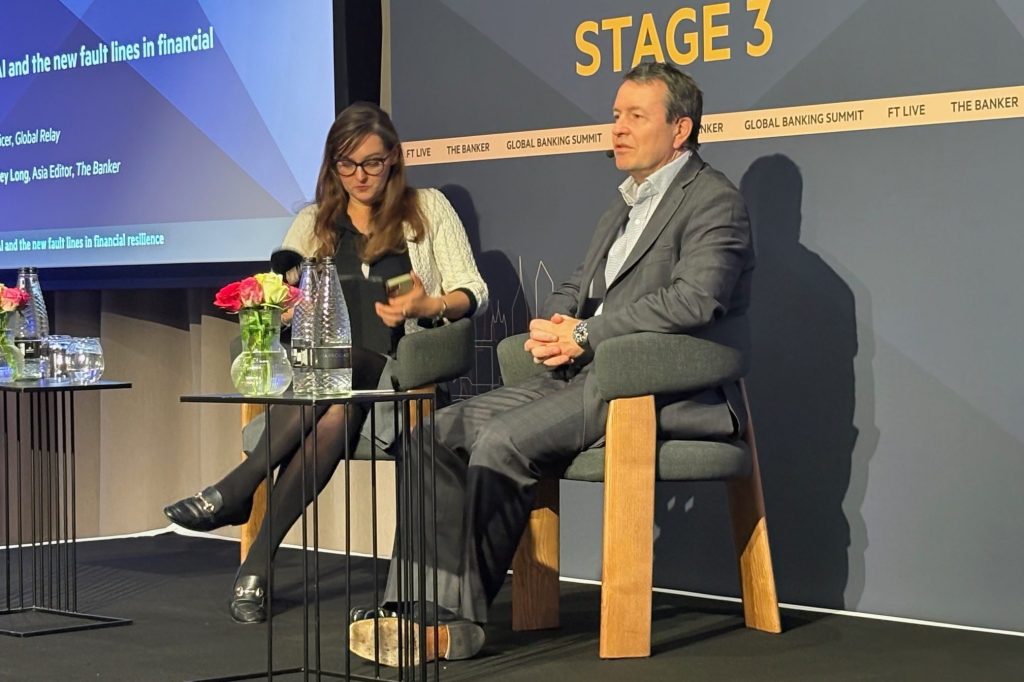1 November, 2023 by Ian Smith
Hackers sneak malicious code into global payments software that spreads rapidly to tens of thousands of partner networks at banks and throughout the financial sector. This opens a back door for the attackers to siphon off customer funds, disrupting clearing and even interbank lending. It takes
Register for free to keep reading.
To continue reading this article and unlock full access to GRIP, register now. You’ll enjoy free access to all content until our subscription service launches in early 2026.
- Unlimited access to industry insights
- Stay on top of key rules and regulatory changes with our Rules Navigator
- Ad-free experience with no distractions
- Regular podcasts from trusted external experts
- Fresh compliance and regulatory content every day
















